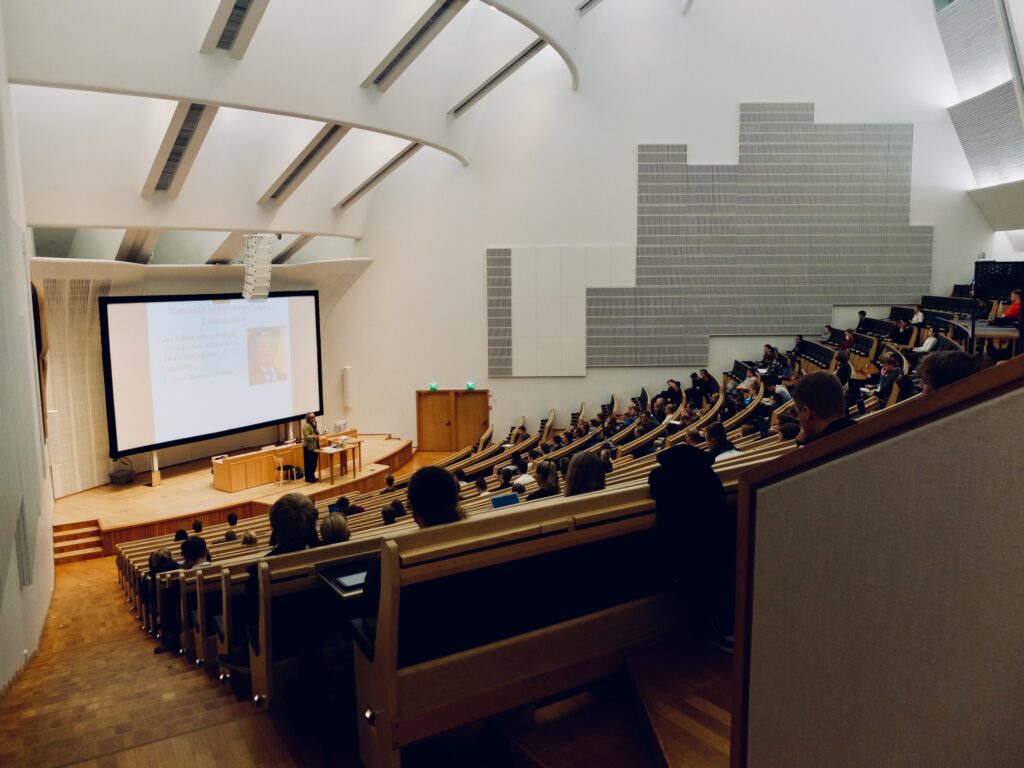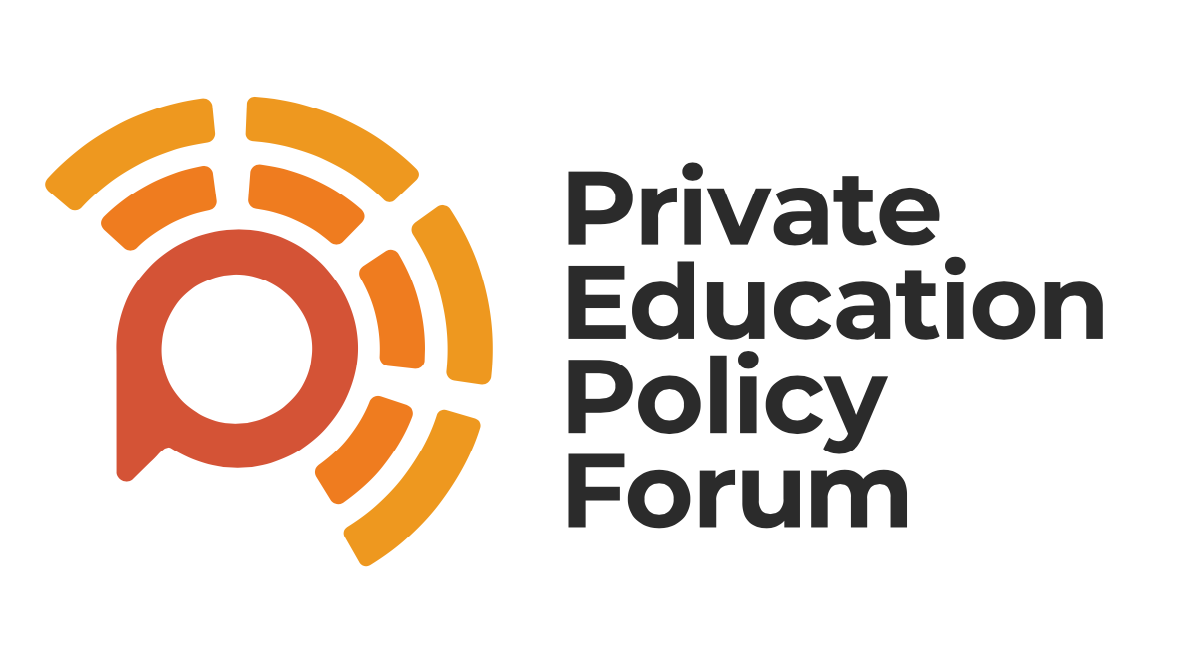My state school students deserve a level playing field for getting into the best universities, writes Ellen Fitzgerald

Ellen Fitzgerald, teacher in a state sixth form college
I am not writing this because I am driven by the politics of envy. My three children have thrived both academically and socially at comprehensive state schools and sixth form colleges.
Nor do I judge those that have made different choices. If I had I felt my children’s needs were not being met in the state sector, I cannot say I would not have explored private options.
Instead, 20-plus years helping my state school students get top university places has driven me into this debate.
Spend per student in state sixth forms is determined by the 16-19 funding formula, which in 2022-3 provided £4,542 per student per academic year[1].
By comparison, the annual Independent School Council census reveals that private sixth form fees are more than this per term (£7,684 day fee at boarding schools per term and £5,625 day fee at day schools per term).
With so much more to spend, private schools are able to devote much time and effort prepare their students for a successful application to the most competitive universities[2].
Throughout my career as a teacher, I have seen this first hand.
I know there are private schools where the students are offered Oxbridge reading weeks in the summer[1], being prepped as much as possible for university entrance.
The schools have the budget and the staffing levels to do this. To spend a whole week on reading preparation with close mentoring is a genuinely huge advantage.
In fact, Martha, a former private school pupil, has written compellingly about exactly this in a blog published by Private Education Policy Forum here.
Meanwhile on our shoestring budget in the state sector – let me remind you, of only £4,500 per student a year – it’s a struggle to support our students enough during term time.
Take the many entrance exams required to get into Oxford or Cambridge Universities. For Cambridge, many offered an interview will also need to sit an at interview admissions test. For Oxford, admissions tests help determine whether students are even offered an interview.
Staff in the state sector cannot provide the number of hours in the week to prepare students for these exams as well as our private counterparts.

Many tests such as the HAT – the History Aptitude Test – are skills based and should (in theory) be tutor proof, but others clearly need tuition.
Take the STEP paper for maths used by Cambridge. For our students to pass the STEP papers and get top grades requires tutoring and mentoring from our staff which they can certainly provide, because they are brilliant and talented staff.
But we cannot provide as much time, staffing and resources as a sector that has on average three times as much funding per student.
And where we can offer support and tutoring, my students’ socio-economic status means they are often less able to take advantage of them.
They are more likely to have part-time jobs and caring responsibilities and are less likely to have a home environment conducive to independent study.
Of course, there are now a range of contextual offer schemes offered by universities. But for most of them[3] students need to meet one or more widening participation criteria– such as being the first generation in their family to go to university, or having been eligible for free school meals to benefit from. That doesn’t cover everyone and all kinds of disadvantage.
The University of Bristol has gone further, and makes offers to successful applicants from many state schools that are two grades lower than their standard offer.
These schemes go some way to recognising that we are far from having a level playing field in the world of university admissions.
But even these modest attempts at levelling the playing field have been powerfully complained about and lobbied against by people who support the private school sector.
Columnist Emma Duncan has claimed in The Times that “Favouring state-school pupils isn’t fair and risks long-term damage to our international standing” [4] .
But this is a view that seems hugely at odds with the fact contextual-offer students “achieve above average academically”[5] as undergraduates once they are at university, according to the University of Bristol’s website.
It also isn’t upheld by the OECD’s own findings for the international school PISA tests that: “Countries with a larger share of private schools do not perform better in PISA.”[6]
Finally, HESA data[7] shows that the percentage of firsts obtained by state school students at Russell Group Universities in the 2020/21 academic year was in line with that for students from private schools.
So it would seem that a private education enables students to make successful applications to competitive universities.
But the evidence above shows the schools do not necessarily prepare them for the more independent style of learning that will make them successful undergraduates.
And in the meantime, they are contributing to a skewed, unfair system of entry which definitely puts poorer, bright students like mine at a disadvantage.
Private school headteachers may say: ‘We are not responsible for the failure of the state to adequately fund its school sector.’
But the government will never increase funding for state schools three-fold – it cannot afford to. As long as private schools have so much more money, because of their fees, the system will be unfair and skewed.
Private school heads, surely, must know this, or admit it to themselves deep down. With so much marketing of private schools around their progression rates to elite universities it is unsurprising that few acknowledge this.
My students are amazing. They deserve a level playing field. In many of them I encounter a mindset that makes them ideally suited to the rigour of a challenging undergraduate course (and employment thereafter).
They are ingenious at finding ways to further their academic interests and hone their study skills – listening to online lectures on the bus every morning, firing off applications to applicant support schemes in lunch breaks at work, setting up Whatsapp groups to share articles.
But as both a teacher and a student, this is a tiring battle to be in. It is morale-sapping. It is hurtful to have people imply that admitting more state educated students will dilute the academic rigour of our top universities.
So I welcome the renewed attention that Labour’s plans on charitable status has drawn to private schools.
But that’s not the end of the issue. We need politicians to look much more closely at the huge inequities in access to our most competitive universities, especially.
And we need more research. Why are some Oxbridge Colleges making so much more progress at admitting a higher percentage of state school students than others?
Is there a corelation between numbers of Oxbridge alumni working as teachers in the private sector and their Oxbridge success rates?
I would like to see the research.
Finally, the ludicrously low rate of funding for state sixth form colleges needs to be increased. It will never hit the private school level, but it needs to be higher, at least.
Why is it less than in secondary schools (£5,525)? And why, why is it so much less than at university (£9,250 per year)?
We are doing the hard work helping students from all backgrounds to get some of the most important grades of their life – the grades that will take them onto their next steps.
This is not politics of envy. It is not, in my view, even politics.
This is about the children involved.
[1] https://www.gov.uk/guidance/16-to-19-funding-information-for-2022-to-2023
[2] Our Head of Oxbridge Admissions is supported by a team of designated Oxbridge teachers in each Department to help each candidate make a successful application. We offer a number of talks and presentations for Oxbridge candidates throughout the year and run extensive practice sessions, mock interviews and tests. https://www.charterhouse.org.uk/academic/higher-education-careers/higher-education The Athena Programme is Putney High School’s unique programme of academic extension which encourages students to pursue scholarship and academia beyond the syllabus in preparation for entry to the top Higher Education institutions. https://www.putneyhigh.gdst.net/life-at-sixth-form/https://www.putneyhigh.gdst.net/life-at-sixth-form/
[3] A2L and Newcastle Partners for example
[4] Emma Duncan https://www.thetimes.co.uk/article/were-hurting-oxbridge-in-the-name-of-equality-sw3jbpcvp
[5] http://www.bristol.ac.uk/study/undergraduate/entry-requirements-qualifications/contextual-offers/
[6] https://www.oecd.org/pisa/pisaproducts/pisainfocus/48482894.pdf
[7] HESA data shows that 43.7% of degree classifications obtained by students from the state sector in the 2020/21 academic year were firsts, compared with 43.5% obtained by students from the independent sector.
[8] https://www.isc.co.uk/media/8421/isc_census_2022_final-v2.pdf
p28



